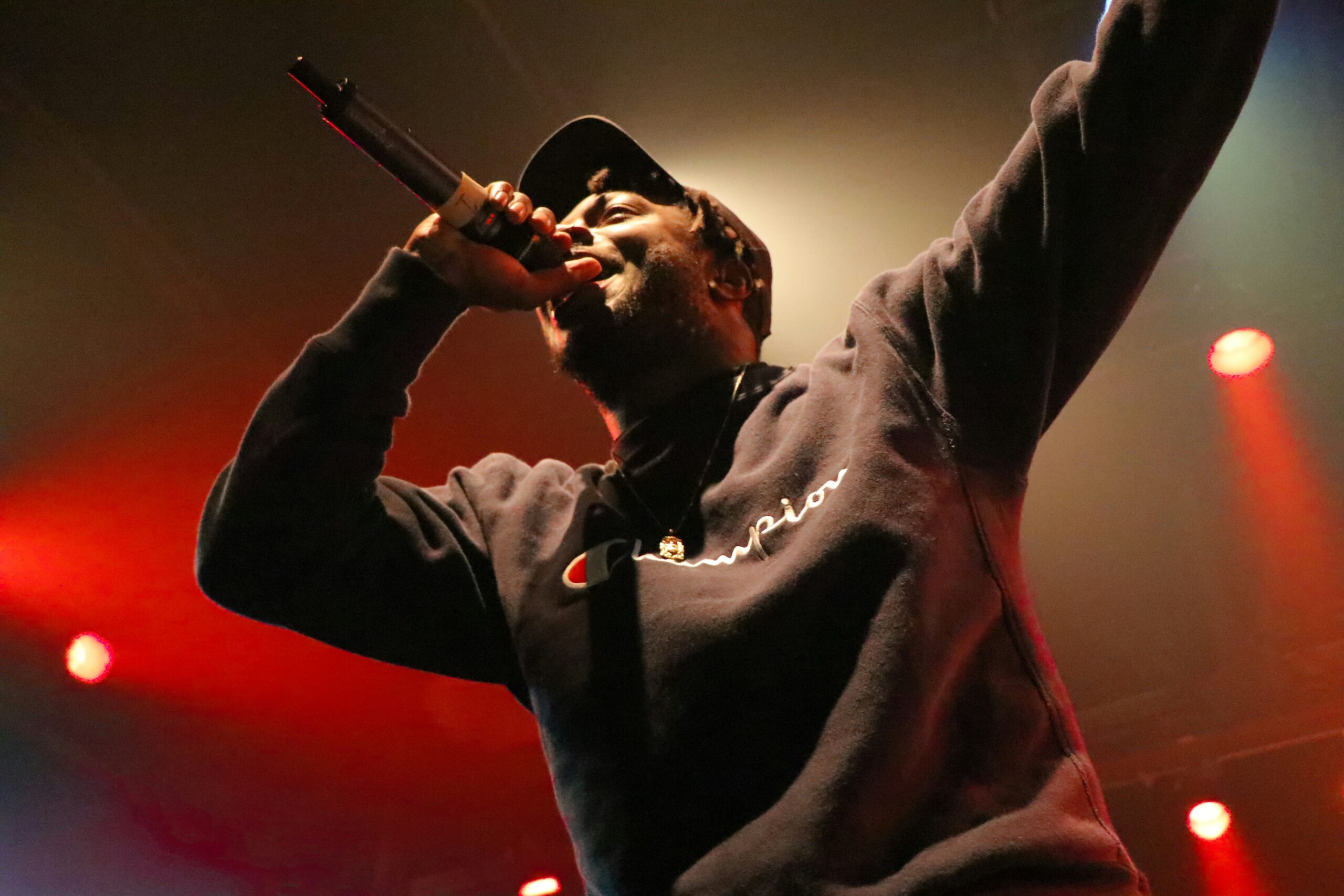
In today’s world, technology is everywhere. From streaming services to virtual concerts, the music industry has adopted innovation to offer music lovers more convenient ways to enjoy their favorite tunes. Yet, despite these advancements, live music remains a cherished experience for audiences worldwide. The experience of seeing an artist perform live remains unmatched, and here’s why live music remains relevant in the age of technology.
The Unique Experience of Live Music
Live music offers an unparalleled experience that cannot be replicated through digital channels. While recorded music allows listeners to enjoy their favorite songs at any time, nothing compares to the feeling of being in a room filled with energy, emotion, and the shared connection of a live performance. The magic of live music lies in the atmosphere – the excitement in the air, the sound reverberating through the venue, and the unspoken bond between the performers and the audience.
Every live concert is unique, as no two performances are the same. Whether it’s the spontaneity of the setlist or the interaction between the artist and the crowd, live music creates a one-of-a-kind experience. Audiences feed off the energy of the performer, and performers feed off the energy of the audience. This mutual exchange establishes a connection that transcends the limitations of technology.
Live Music Fosters Emotional Connections
Live music allows fans to connect with their favorite artists on a deeper emotional level. When people attend concerts, they not only hear their favorite songs but also feel the emotion behind the performance. Artists put their heart and soul into their live shows, which makes the experience more powerful for the audience. Fans get to witness the raw emotion of the artists, creating a sense of intimacy and closeness that digital platforms can’t provide.
For example, during a live performance, an artist might interact with the audience, share personal stories, or express their thoughts about a particular song. These moments build emotional connections that allow fans to feel like they are part of the artist’s journey. Whether it’s the collective joy of singing along to a favorite anthem or the shared sense of vulnerability during a heartfelt ballad, live music enables fans to experience the true essence of the music.
Technology Can’t Replace the Thrill of a Live Show
While virtual concerts and live-streamed events have become more popular, they still can’t match the thrill of attending a live show. Watching a concert from the comfort of your home may be convenient. Still, it can’t replicate the feeling of being surrounded by thousands of like-minded individuals, all experiencing the music in real-time. The excitement of the crowd, the rush of adrenaline, and the electrifying energy of the performance are all integral parts of what makes live music so special.
There’s something about being physically present in a venue, feeling the vibrations of the music, and seeing the artist perform up close that creates an experience unlike any other. Live music captures the raw energy that technology can’t reproduce. In this sense, live music is a sensory experience that appeals to more than just hearing – it also engages sight, touch, and emotion.
The Social Aspect of Music
Another reason why live music remains relevant in the age of technology is the social aspect it brings. Concerts provide an opportunity for people to come together, interact, and share their love for music. Whether it’s going to a concert with friends, meeting new people in the crowd, or bonding over a shared appreciation for an artist, live music fosters a sense of community.
In an age where technology often isolates us, live music provides a space for genuine human connection. The shared experience of enjoying music with others creates lasting memories and helps to strengthen relationships. Concerts bring people from all walks of life together, united by their passion for music.
Music Drives the Economy
Live music is not only crucial for fans and artists, but it also plays a significant role in the economy. Concerts, festivals, and live events contribute billions of dollars each year to local economies around the world. From ticket sales to merchandise and food vendors, live music provides jobs and stimulates local economies.
In addition, the live music industry supports various sectors, including transportation, hospitality, and event management. Cities that host major music events often experience a surge in tourism, which boosts local businesses and creates opportunities for economic growth. The thriving live music scene is crucial for maintaining the cultural and economic vitality of many regions.
Technology Enhances the Live Music Experience
While technology hasn’t replaced the magic of live music, it has enhanced the experience. Advances in sound technology, lighting, and stage design have made live performances more immersive and visually stunning. Artists now have access to state-of-the-art equipment that allows them to create unforgettable shows. High-definition visuals, elaborate stage setups, and cutting-edge audio systems ensure that the audience gets the most out of every performance.
Furthermore, social media has enabled fans to connect with their favorite artists in ways that were previously unimaginable. Artists can now promote their shows, share behind-the-scenes moments, and interact with their followers in real time. This level of connectivity not only enhances the live music experience but also strengthens the bond between the artist and the audience.
The Power of Live Music in a Digital Age
Even as technology continues to evolve, live music remains a vital part of our cultural heritage. It offers an experience that digital platforms can’t replicate – one that engages all the senses, creates lasting memories, and fosters emotional connections. While technology has undoubtedly transformed the music industry, live music remains a powerful force that captivates and inspires audiences worldwide. Whether it’s the magic of the performance, the emotional connection with the artist, or the shared joy of being in the crowd, live music remains as relevant as ever.